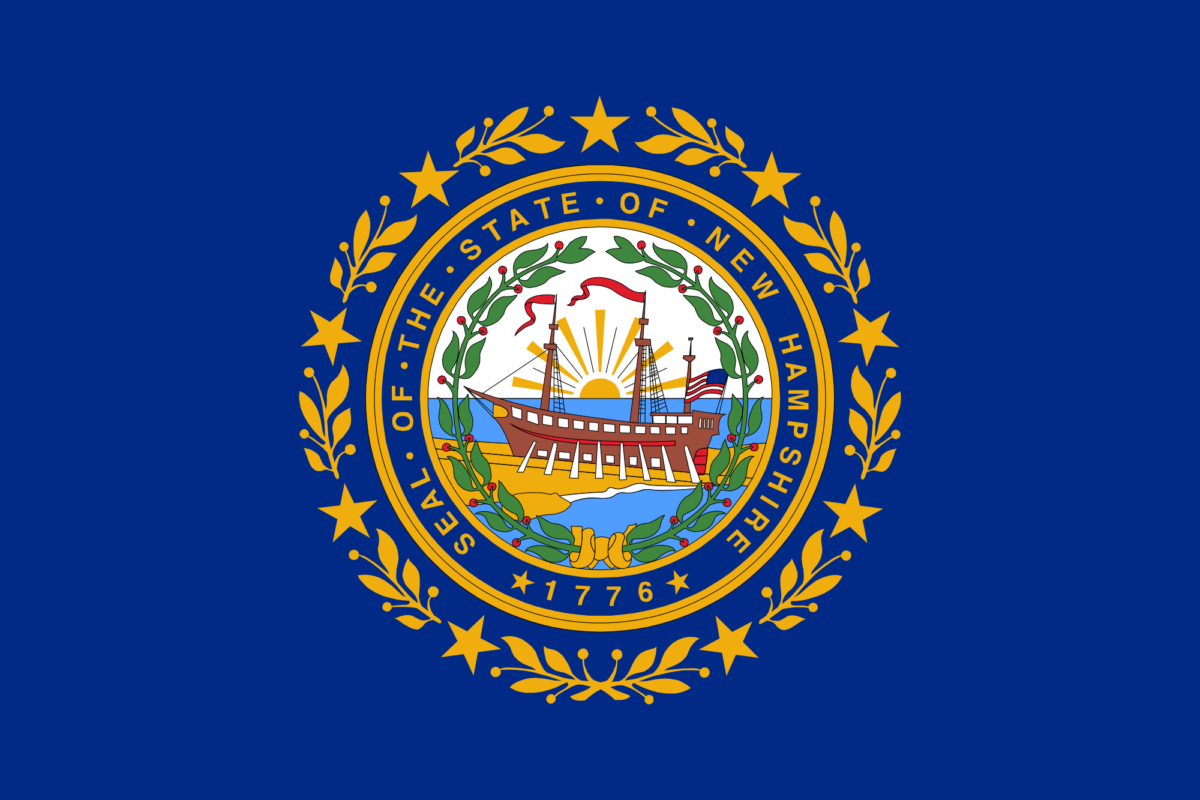Guide Highlights Presidential Candidates’ Responses to 2020 Disability Candidate Questionnaire
Manchester, New Hampshire, Feb. 10 – As New Hampshire voters get ready to go to the polls in their state’s primary election, the nonpartisan disability rights nonprofit RespectAbility has released its New Hampshire State Voter Guide. According to the 2018 Annual Disability Statistics Compendium, there are more than 171,000 people with disabilities in New Hampshire. There is no early voting in New Hampshire’s presidential primaries. However, absentee ballots can be requested until the day before the election (February 10, 2020) and must be received by the day of the election (February 11, 2020) at 5:00 PM. This is a useful option for people with disabilities whose disability keeps them from voting in person. Voters with disabilities also can have an election judge or a person of their choice assist them with voting in person, as long as that person is not the individual’s employer, union representative, or a candidate running for office.
Research conducted in the 2018 election shows that 74 percent of likely voters either have a disability themselves or have a family member or a close friend with disabilities. The upcoming elections and their results will have an impact on people with disabilities, so it is important to become familiar with the candidates’ positions on certain issues.
“Candidates for office ignore the disability community at their peril,” said former U.S. Representative and Dallas Mayor Steve Bartlett. Bartlett, who was one of the coauthors of the Americans With Disabilities Act of 1990, is the chairman of RespectAbility.
As a nonpartisan national nonprofit organization fighting stigmas and advancing opportunities so people with disabilities can participate fully in all aspects of community, RespectAbility has invited all candidates in the presidential race to submit their answers to a 2020 Disability Voter Candidate Questionnaire. This questionnaire covers some of the most important issues impacting people with disabilities including employment, education, immigration, criminal justice and accessibility.
Five high-profile candidates submitted their completed questionnaires earlier this year:
All responses to the candidate questionnaire will be posted in full on The RespectAbility Report as they come in and will be used to produce and update nonpartisan voter guides in all 50 states.
A Focus on Employment
According to the 2018 Annual Disability Statistics Compendium, there are 84,234 working-age (ages 18-64) people with disabilities living in New Hampshire. Out of that number, 36,069 have jobs. That means New Hampshire has a disability employment rate of 42.8 percent. The Granite State now ranks 15th among the 50 states in terms of the employment rate for people with disabilities.
“The unfortunate fact is that stigma is still a driving factor in why almost two-thirds of working age people with disabilities are unemployed,” said RespectAbility’s Vice President, Communications, Lauren Appelbaum, who also serves as the managing editor of The RespectAbility Report, an online publication at the intersection of disability and politics. “However, there is good news this election cycle, as many of the candidates for the highest office in the land have made their campaigns accessible to people with disabilities. They are including us in their campaigns as staffers and consultants and ensuring that they have well thought-out disability policy plans.”
“The disability community is unique,” added Philip Kahn-Pauli, associate editor of The RespectAbility Report. “It is the only minority group that anyone can join at any time due to illness, injury, or aging. What that means is that there are people with disabilities in every state, and that the community’s interests intersect with so many issues, including race, gender, poverty, criminal justice and inequality.”
According to a Rutgers University study, 14.3 million citizens with disabilities voted in 2018. Those voters will be crucial as candidates vie for the presidency, as well as state-wide and local elections.
RespectAbility is a nonprofit, nonpartisan organization that fights stigmas and advances opportunities so that people with disabilities can fully participate in all aspects of their communities. RespectAbility does not rate or endorse candidates. The questionnaire is purely for educational purposes as voters go to the polls. RespectAbility has reached out to all of the presidential campaigns and will be posting all responses on The RespectAbility Report. View more coverage of 2020 presidential candidates.






Be First to Comment